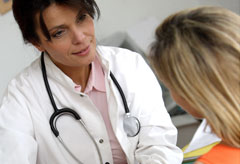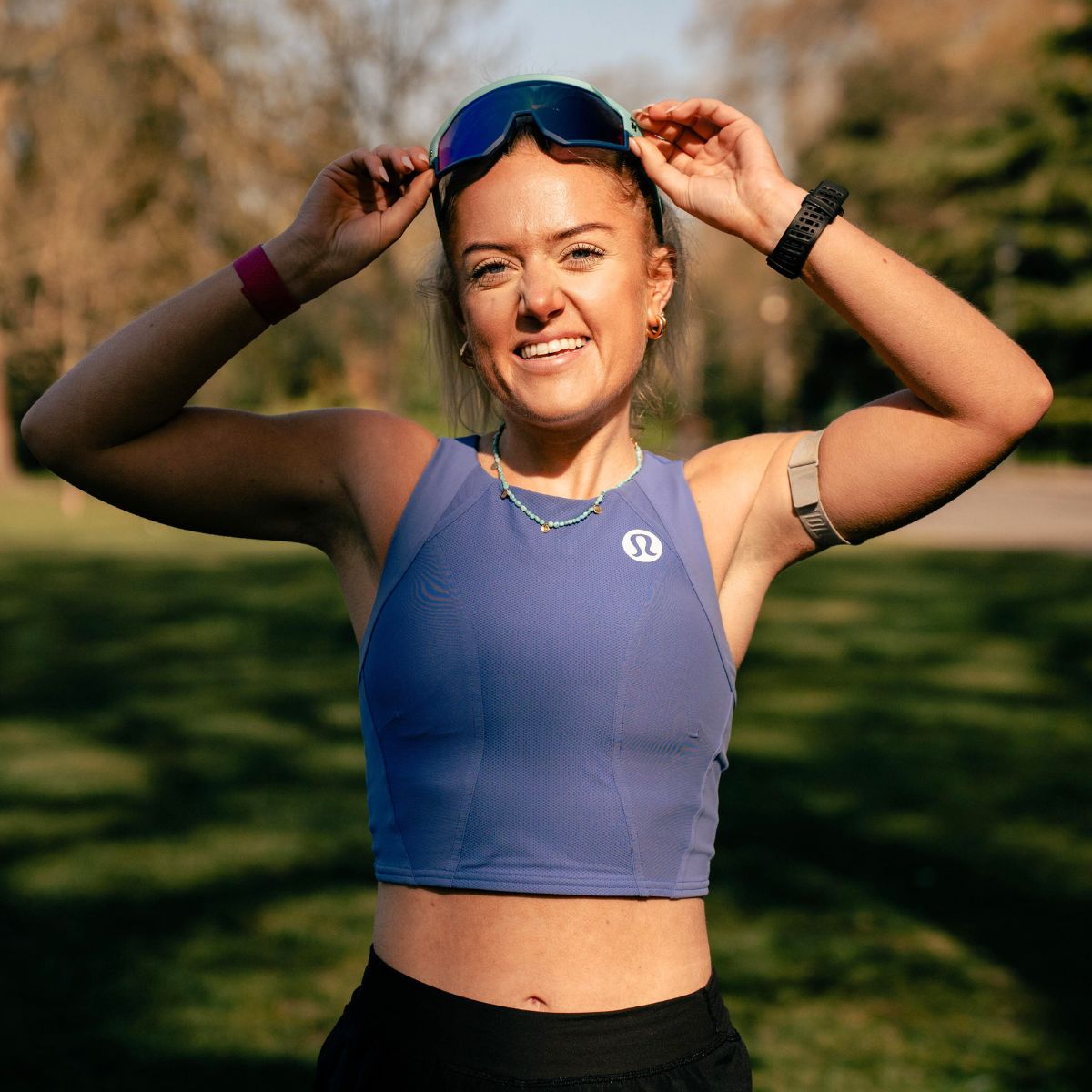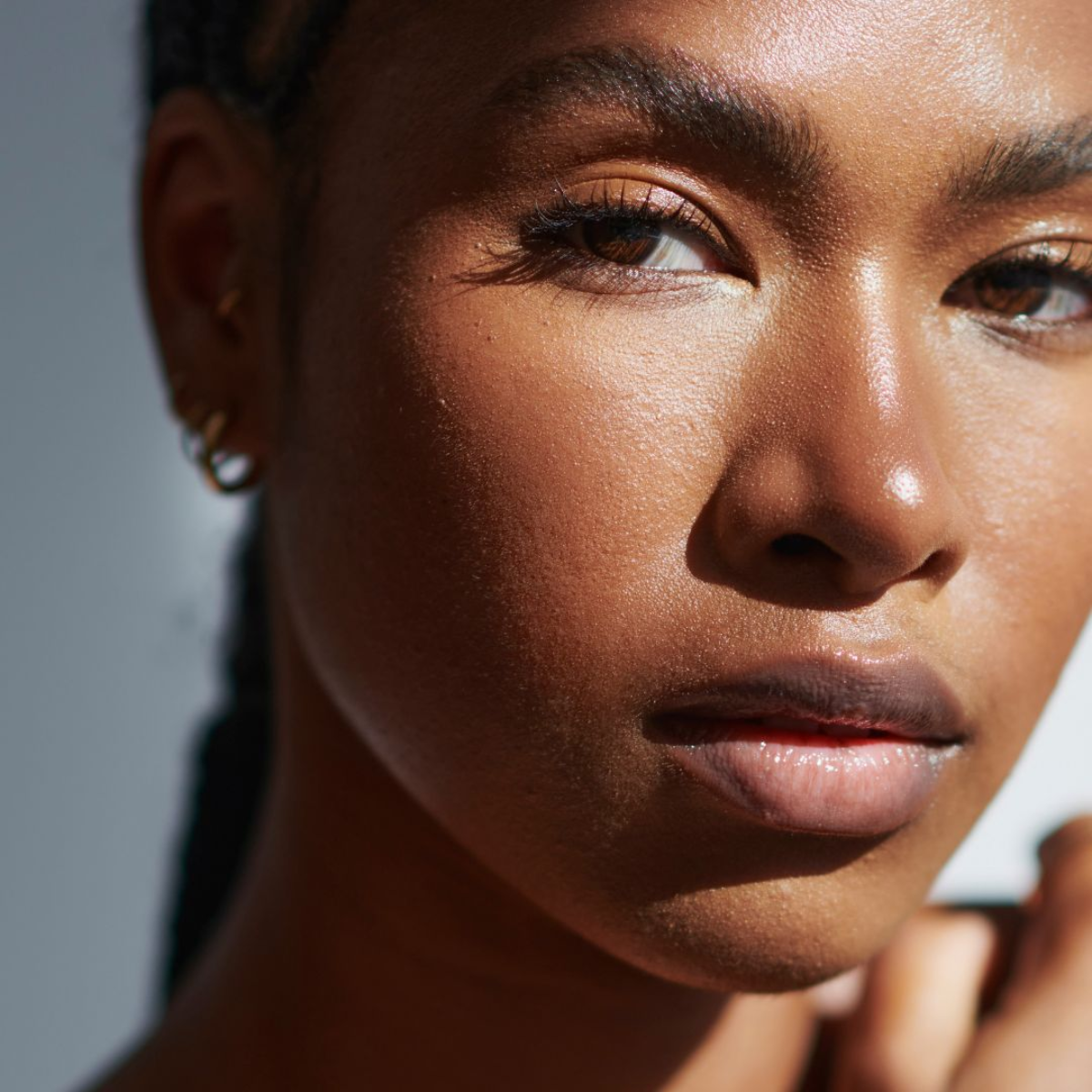IVF 'may increase Down's syndrome risk'
High intensive IVF treatment could increase the risk of having a baby born with Down's syndrome, experts say

High intensive IVF treatment could increase the risk of having a baby born with Down's syndrome, experts say
Couples using IVF treatment to conceive could increase their risk of having a baby born with Down's syndrome, British scientists believe.
Fertility experts already know that the chances of having a baby with the genetic condition, which produces an extra copy of chromosome 21, increases as women get older - especially for women over 35.
But now UK researchers think drugs used to kick-start ovaries in IVF in older women disturb the genetic material of the eggs.
However, much more research is now needed to back-up these initial results.
'This could mean that the stimulation of the ovaries is causing some of these errors. We already know that these fertility drugs can have a similar effect in laboratory studies. But we need more work to confirm our findings,' says Professor Alan Handyside of the London Bridge Fertility, Gynaecology and Genetics Centre, who led the research.
Scientists believe that strong doses of follicle-stimulating hormones used in IVF on couples trying to conceive, could be causing eggs to end up with too few or too many chromosomes.
Marie Claire Newsletter
Celebrity news, beauty, fashion advice, and fascinating features, delivered straight to your inbox!
The study looked at 34 couples, all of the women were aged over 31, and had been given drugs to stimulate their ovaries to release eggs.
When the researchers analysed the fertilised eggs they found that some had genetic errors but unlike 'classic' Down's syndrome, the pattern of genetic errors leading to Down's in the IVF eggs was different, leading researchers to believe the drugs were to blame.
'There's a huge increase in the number of women undergoing IVF at later ages as people delay the age of starting a family,' says UK fertility expert Mr Stuart Lavery. 'Previously we have always thought that these chromosomal abnormalities were related to the age of the egg.
'What this work shows is that a lot of the chromosomal abnormalities are not those that are conventionally age-related. It raises the concern that some of the abnormalities might be treatment-related.'
The leading destination for fashion, beauty, shopping and finger-on-the-pulse views on the latest issues. Marie Claire's travel content helps you delight in discovering new destinations around the globe, offering a unique – and sometimes unchartered – travel experience. From new hotel openings to the destinations tipped to take over our travel calendars, this iconic name has it covered.
-
 Selena Gomez has re-entered the conversation about her 'Emilia Pérez' criticism
Selena Gomez has re-entered the conversation about her 'Emilia Pérez' criticismBy Jenny Proudfoot
-
 I'd never run a marathon before - six years on, I'm one of the UK's fastest female marathoners. Here's how I train every week
I'd never run a marathon before - six years on, I'm one of the UK's fastest female marathoners. Here's how I train every weekSerious inspo, served.
By Ally Head
-
 There’s a big difference between sensitive and *sensitised* skin—here are four derms on the key distinctions
There’s a big difference between sensitive and *sensitised* skin—here are four derms on the key distinctionsPlus, ways to approach both
By Denise Primbet